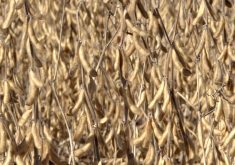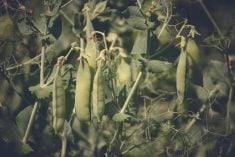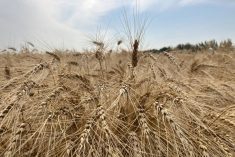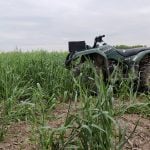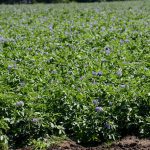Six British Columbia government departments plan to co-ordinate the use of $3.5 million in provincial funding against noxious weeds and invasive plants.
“Cross-ministry management of invasive plants is significant for all regions in our province as their destructive effects are not restricted to one landscape or business sector,” provincial Ag Minister Ron Cantelon said in a release Monday.
Citing examples of invasive plants such as gorse, Japanese knotweed, leafy spurge and purple loosestrife, the province warned that such species “have the ability to severely affect the biodiversity of our natural ecosystems and to permanently alter landscapes.”
Read Also
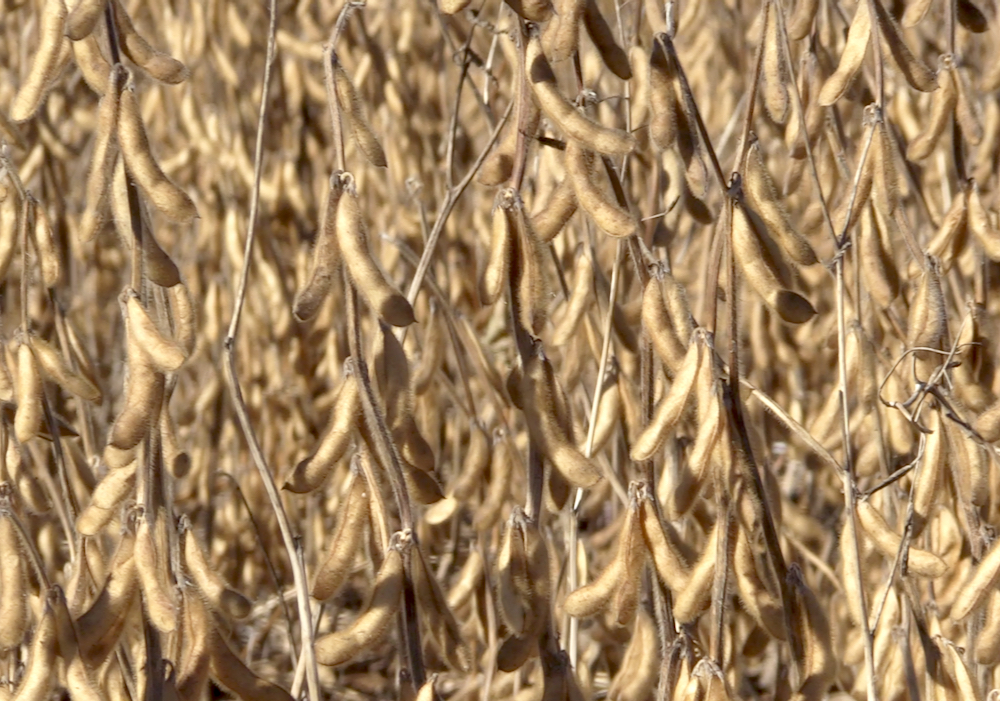
CBOT Weekly: Grain, oilseed futures under pressure
November soybeans lost 23 U.S. cents per bushel during the week, while corn and wheat losses ranged from five to 10 cents.
The agriculture and lands, forests and range, environment, transportation and infrastructure, energy and mines and tourism and culture departments will work with communities and other stakeholders to “effectively manage these non-native, invasive species that threaten to destroy crops, forest and recreational land,” Cantelon said.
The funding will be shared by community-based invasive plant committees, local government weed programs and the Invasive Plant Council of B.C. over the next year, the province said.
The funded groups work on a variety of invasive plant management activities, including weed control, gathering and maintaining inventory and mapping information, and expanding education to stakeholders and the broader community.
“Invasive plants pose a significant threat to B.C.’s resource-based industries and to the environment,” Forests and Range Minister Pat Bell said in the province’s release. “Agricultural and forestry production, fish and wildlife habitat, biodiversity and recreational access are all profoundly affected.”
The province says its invasive plant strategy identifies approaches to reduce the economic, environmental and social impacts of invasive plants, and “provides the framework and capacity for ongoing invasive plant management in B.C.”
Among related provincial programs, B.C. Corrections operates an Invasive Plant Work Program that employs seven crews of low-risk inmates from six corrections facilities to map and control priority invasive plants on “sensitive” Crown lands.
The province said it will continue to build partnerships with stakeholders such as federal and local governments, universities, the private sector, regional weed committees, and the Invasive Plant Council of B.C., to “enhance and deliver joint strategies for effective invasive plant management.”


